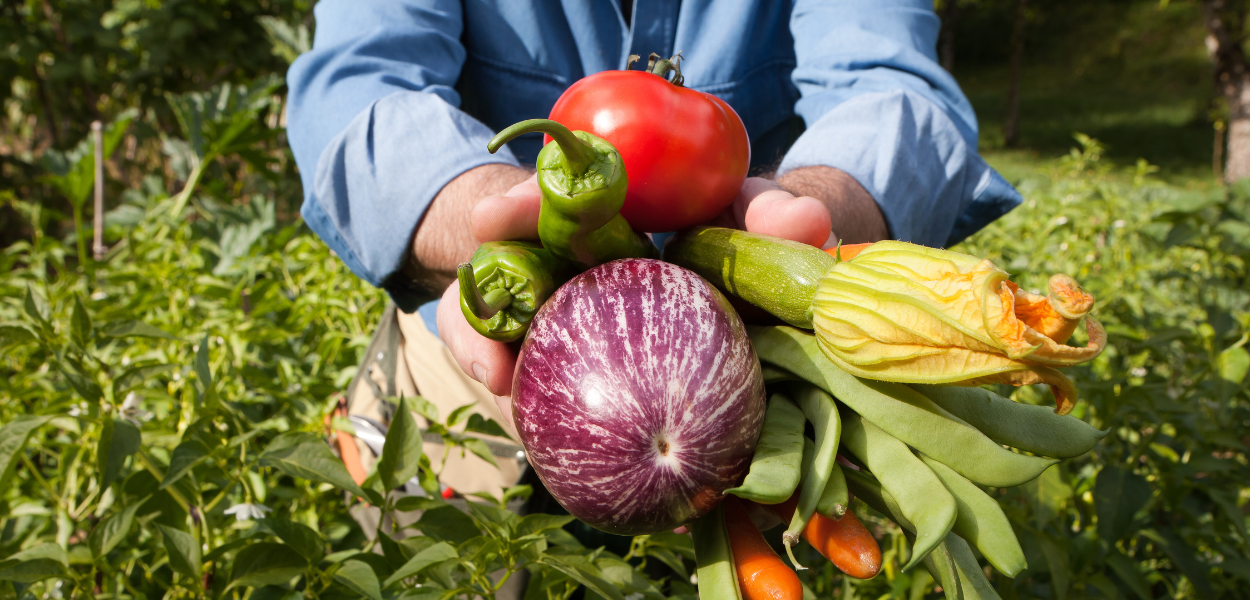SEED FUNDING JOINT PROGRAMMES
Rwanda
Resilient Food Systems: Enhanced Value Chain and Post Harvest Management





PROJECT TITLE | Resilient Food Systems: Enhanced Value Chain and Post Harvest Management |
| Context | Food systems transformation is embedded in several national policies in Rwanda, including the National Transformation Strategy, the Strategic Plan for Agriculture Transformation, the National Environment and Climate Change Policy. In 2021, Rwanda developed its National Pathway, which highlights four priority areas for the country towards 2030: ensuring food security and nutrition for all, while increasing demand for healthy diets; enhancing the environmental sustainability of food systems; improving livelihoods for farmers and all workers in food systems while building resilience to shocks; promoting inclusion of women and youth in food systems, including through enhanced financial opportunities. |
| PUNOs | FAO, WFP, IFAD |
| Contribution to SDGs | SDG 1 No Poverty; SDG 2 Zero Hunger; SDG 8 Decent Work and Economic Growth; SDG 13 Climate Action |
| Contribution to other SDG transitions | Decent Jobs and Universal Social Protection; Energy Access and Affordability |
| Duration | July 2024 – June 2025 |
| Expected financial leverage | $ 3,070,000 |
| Alignment with SG Call to Action | Policy integration; Food systems governance; Research, data, technology and innovation; Inclusive and participatory design; Private sector engagement |
| Outcomes | The JP leverages on improved post-harvest management as a strategic approach to simultaneously reduce food loss, improve incomes, and boost food availability. The JP promotes the economic integration of youth-led MSMEs and builds linkages with partners and initiatives focused on nutrition and food security to connect the dots between food production, processing and consumption. |
| Partners |
|
| Outputs |
|
Join the conversation: IPBES Nexus Assessment seeks expert inputs
IPBES is pleased to announce the start of the first external review of the thematic assessment of the interlinkages among biodiversity, water, food, and health (Nexus Assessment), which is open from 9 January to 19 February 2023 (6 weeks).

The Intergovernmental Science-Policy Platform on Biodiversity and Ecosystem Services (IPBES) has released the first order draft of its Nexus Assessment and is now conducting an open review before the author teams dig back into content. Now is the moment to provide critical feedback to the author teams and help shape the future of the IPBES Nexus Assessment.
This is one of the most important phases in the IPBES assessment process, and the IPBES wants to ensure that the final product reflects the utmost scientific quality, credibility, and policy relevance, encompassing a diversity of disciplines and backgrounds. That's where you come in. By participating in the open review process, you have the opportunity to provide valuable feedback that will help guide the author teams as they continue their work.
Two online dialogues with stakeholders, including practitioners, in the context of the first external review of the assessment, are scheduled 9 February 2023: 9-11 a.m. CET and again at 6-8 p.m. CET. National focal points are welcome to attend the dialogues. Please note that you need to register as a reviewer to participate in the dialogues.
To access the full text and participate as a reviewer, please see here.
